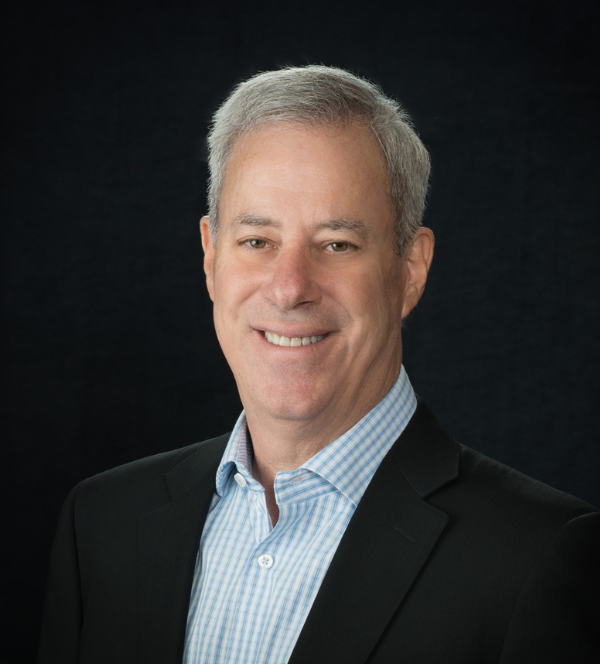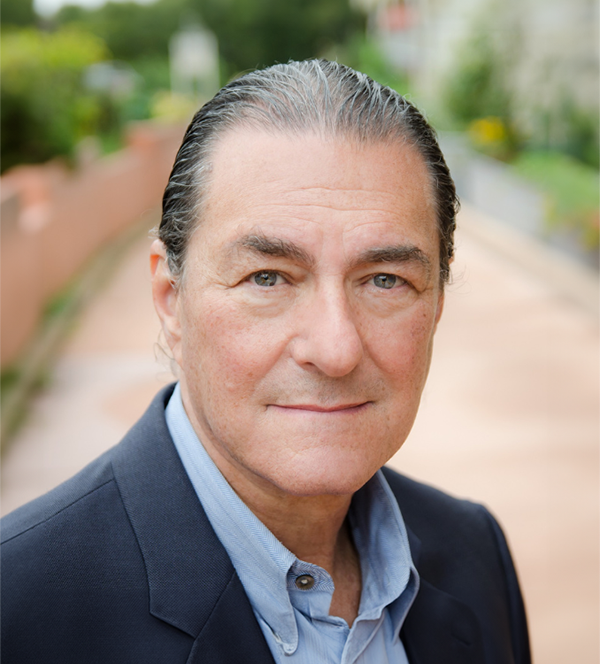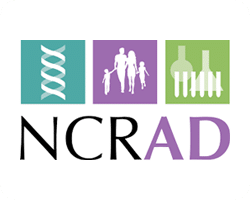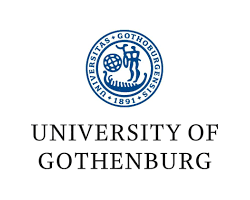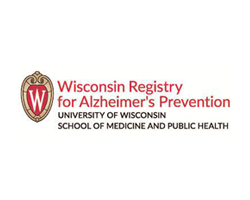ALZpath was founded with the vision of improving the lives of those impacted by Alzheimer’s disease
Founded in 2020, we are a passionate, diverse, and focused group of medical researchers, healthcare professionals, and renowned scientific advisors dedicated to transforming the Alzheimer’s disease ecosystem through timely diagnosis.

We understand the undue impact this disease places upon persons, families, caregivers, and the community at large. We are rooted in the belief that with a timely and accurate diagnosis, targeted treatment, education, and the appropriate care and support resources, it is possible for people to live well after an Alzheimer’s disease diagnosis. This is possible only by fundamentally rethinking, and rewriting the current diagnosis, treatment, and management paradigm.
Through our passion, creativity, and perseverance, we will rewrite the Alzheimer’s disease diagnosis, treatment, and management paradigm. We are steadfast in our commitment to improve the lives of those impacted by this disease.
Leadership Team


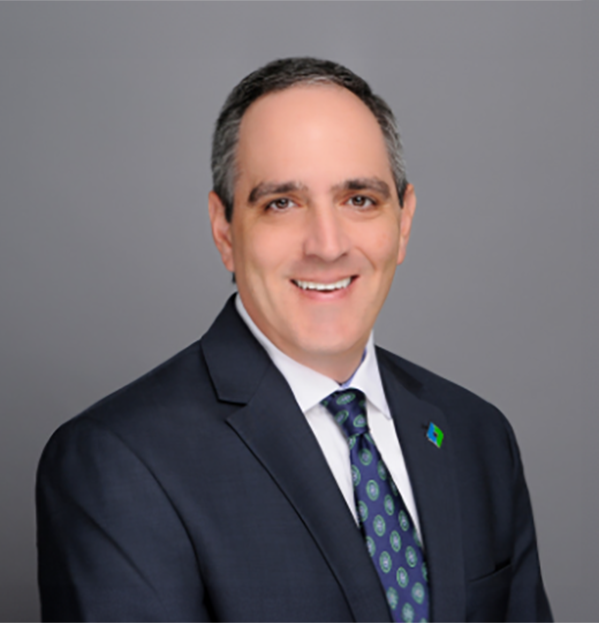



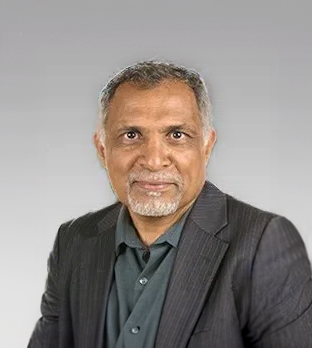
Board of Directors
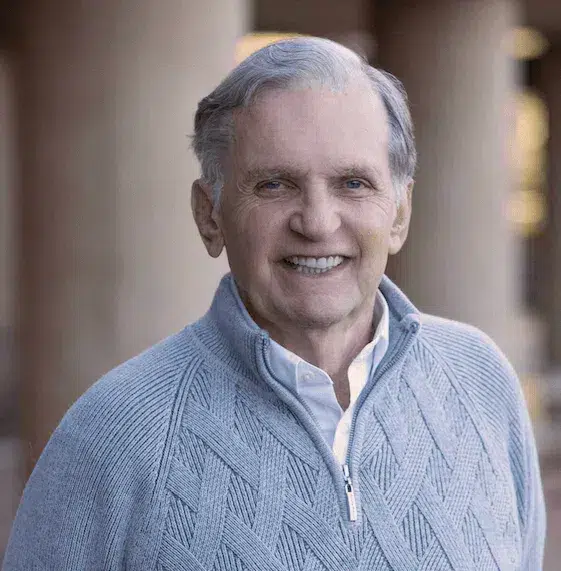
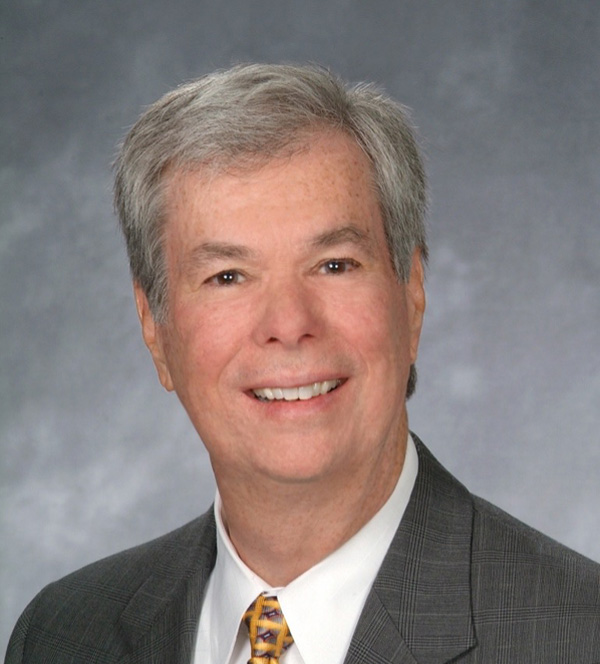
John Hensing, MD
Read Bio >>
Harry Johns
Read Bio >>
Irit Rappley, PhD
Read Bio >>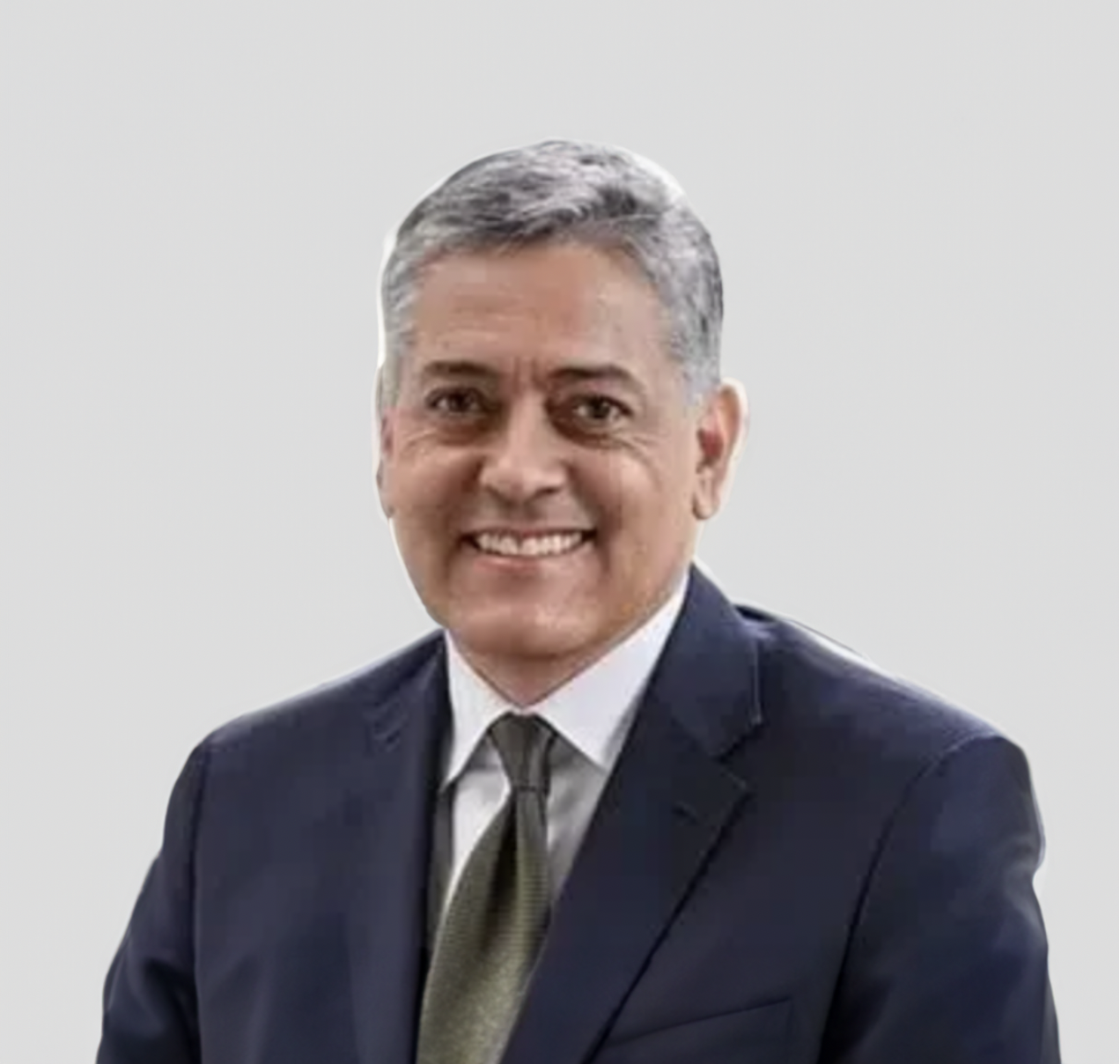
John Courtney
Read Bio >>
Samantha L. Budd Haebelrein, Ph.D.
Read Bio >>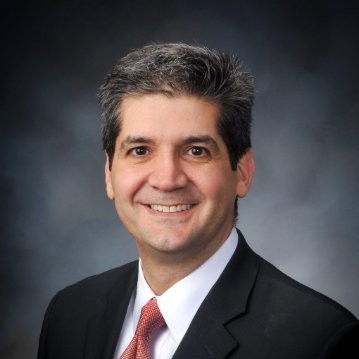
Advisory Board
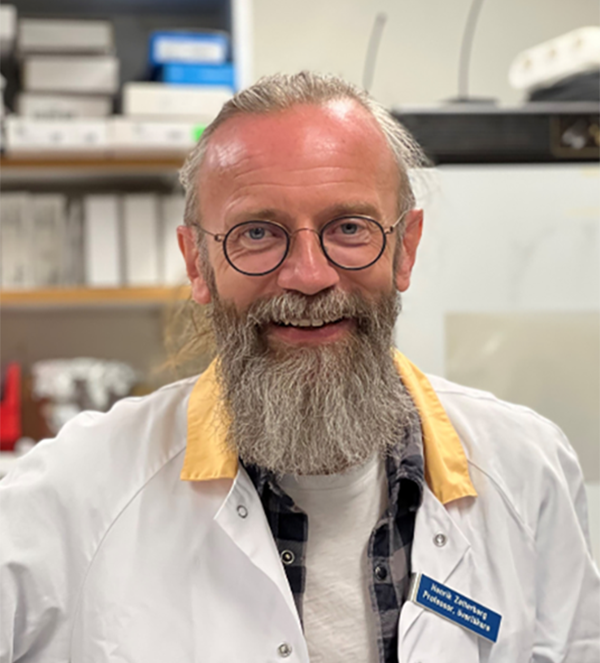
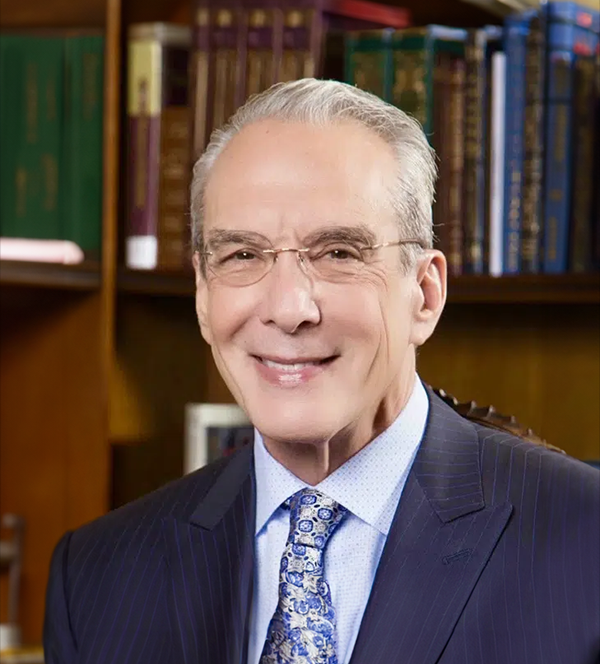
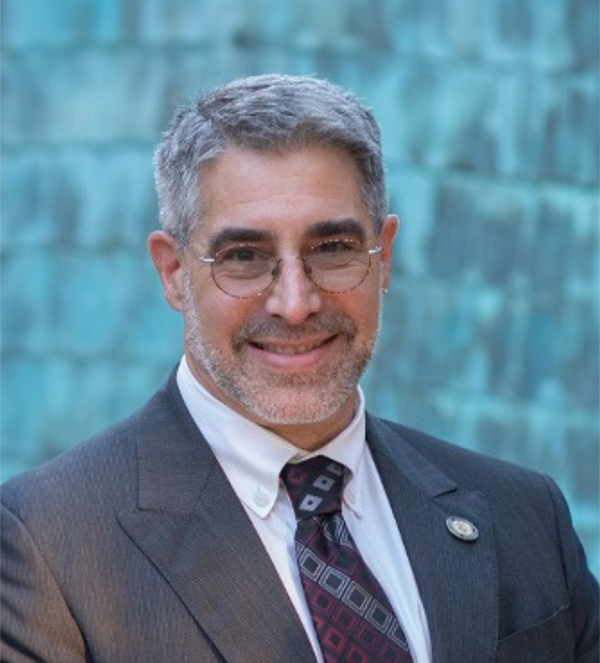

Kaj Blennow, MD, PhD
Read Bio >>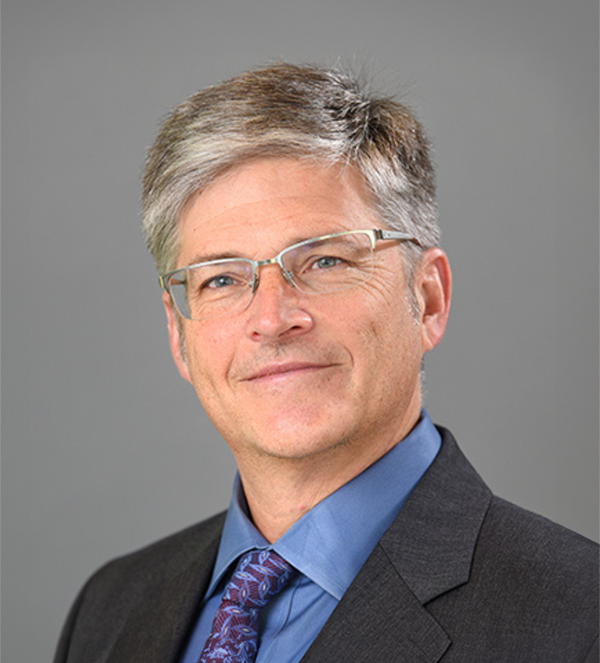
Jeff Dage, PhD
Read Bio >>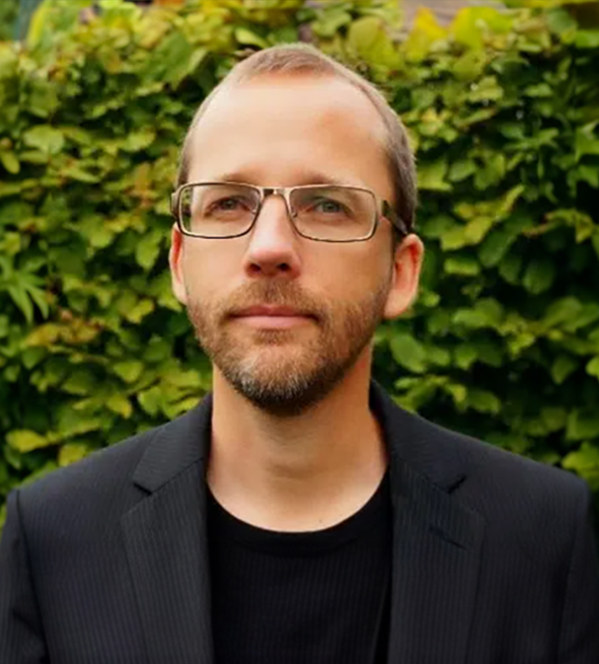
Oskar Hansson, MD, PhD
Read Bio >>
Sterling Johnson, PhD
Read Bio >>
Soeren Mattke, MD, DSc
Read Bio >>